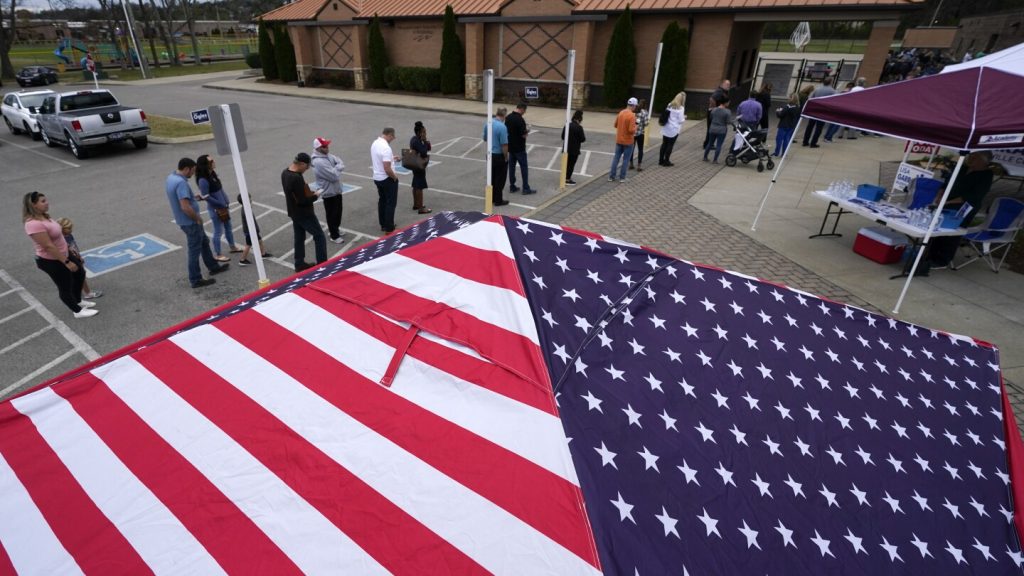Tennessee election officials are opposed to a recent ruling that restored voting rights to four individuals who are prohibited from owning guns due to their specific felony offenses. The state argues that a new law requires resolving issues related to gun and other citizenship rights before allowing convicted felons to cast ballots. The four individuals in question have not yet had their applications for voting rights restoration accepted or rejected by the state. Their attorney, Keeda Haynes, is advocating for the court’s ruling to stand and for the individuals to be registered to vote.
The state of Tennessee made changes to the voting rights restoration process earlier this year, requiring individuals to have their “full rights of citizenship” restored before being eligible to have their voting rights reinstated. Voting rights advocates argue that officials misinterpreted a state Supreme Court ruling and have made the process unnecessarily difficult for individuals with felony convictions. The four individuals at the center of the case are challenging these changes in court, highlighting the potential disenfranchisement of many more voters if gun and voting rights restorations are tied together.
Davidson County Criminal Court Judge Angelita Blackshear Dalton recently ordered the restoration of voting rights for the four individuals in question. She based her decision on a state case law that allows for the separate restoration of voting rights, even if an offense disqualifies a person from regaining their gun rights. The state has since argued that the judge misunderstood the court precedent and requested for the order to be changed to only restore part of the individuals’ “full rights of citizenship.” They maintain that the definition of “full” includes all rights and not just a section of them.
A lawsuit challenging Tennessee’s voting rights restoration system has been ongoing since 2020, with plaintiffs highlighting issues such as a lack of clarity on who can sign the necessary forms, no criteria for denial, and no avenue for appeal. The lawsuit has been delayed to incorporate the recent changes to the system, and it is set to head to trial in December. Applicants seeking to restore their voting rights must now also have their citizenship rights restored either through court proceedings or a pardon from a high-ranking official before going through the old process. Expungement offers a separate path, but many felonies are not eligible for this process.
Republican lawmakers in Tennessee have delayed making any changes to the voting rights restoration process until after the upcoming election. They have stated that people should not violate the law if they wish to maintain their voting rights. The state currently has over 470,000 disenfranchised felons, facing a complex restoration process that is restricted for certain offenses. A report from The Sentencing Project indicates that 9% of Tennessee’s voting-age population is disenfranchised due to felony convictions, with African Americans facing an even higher rate of disenfranchisement at over 21%. The issue remains a topic of debate and contention in the state.


